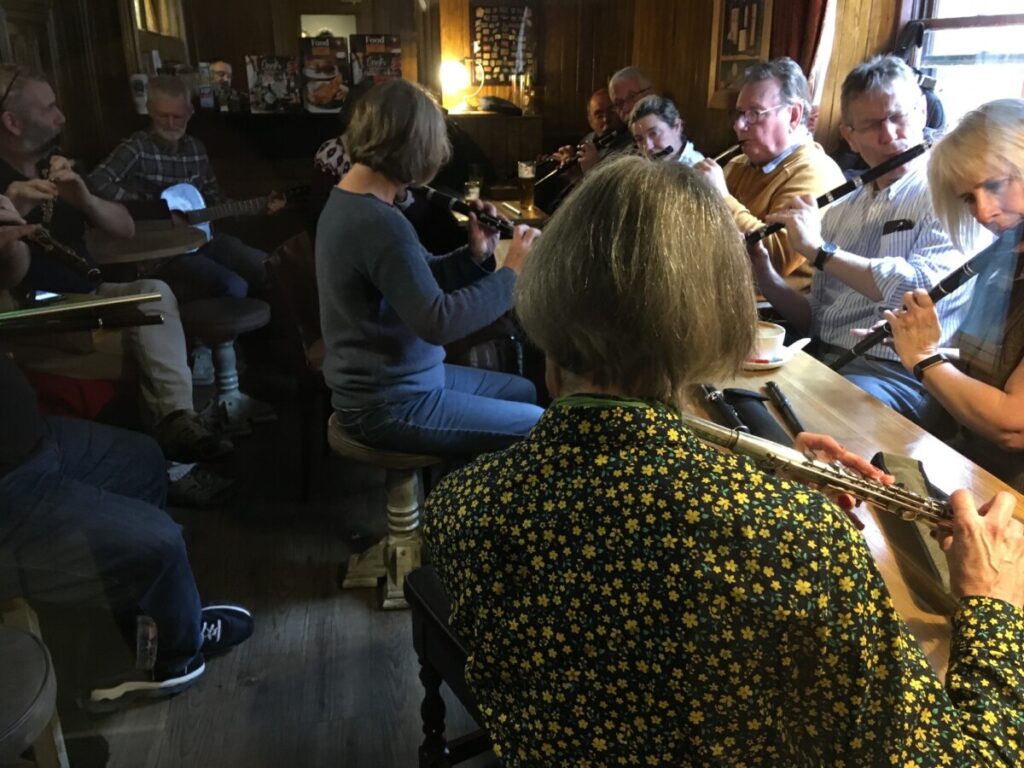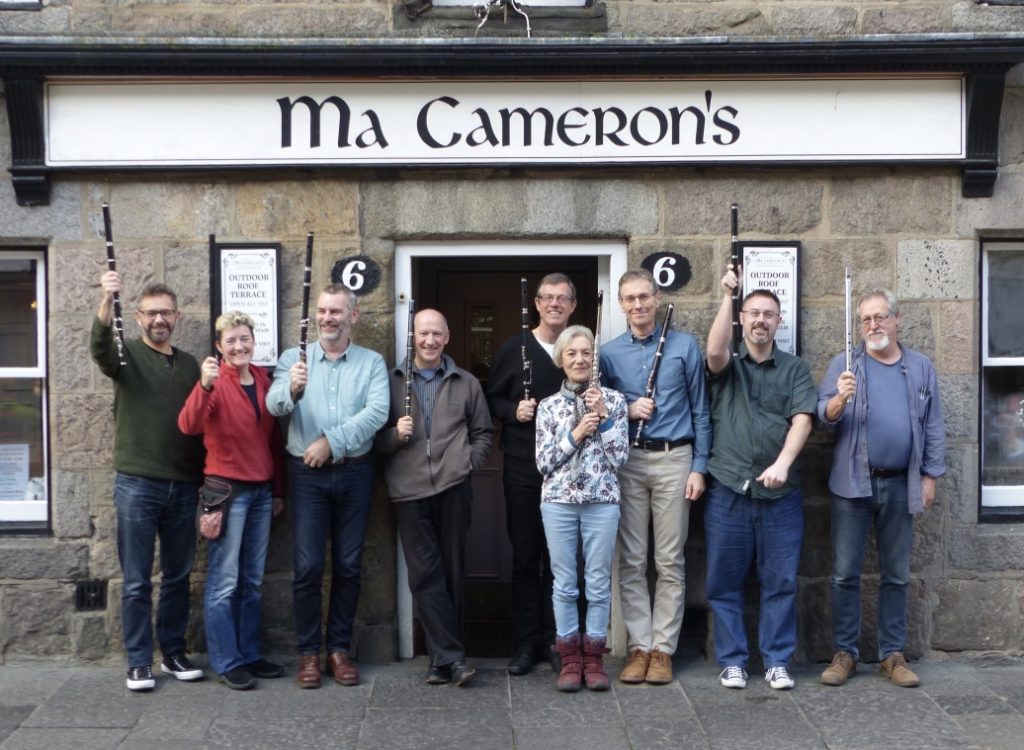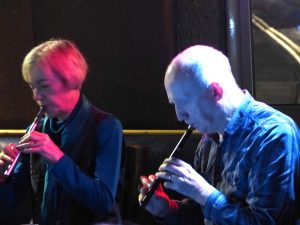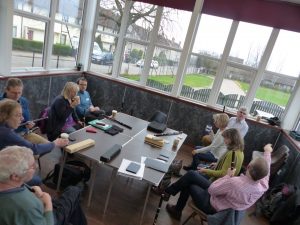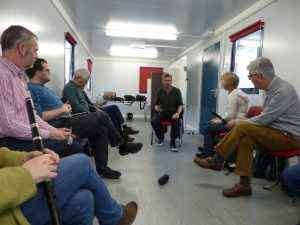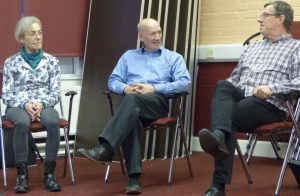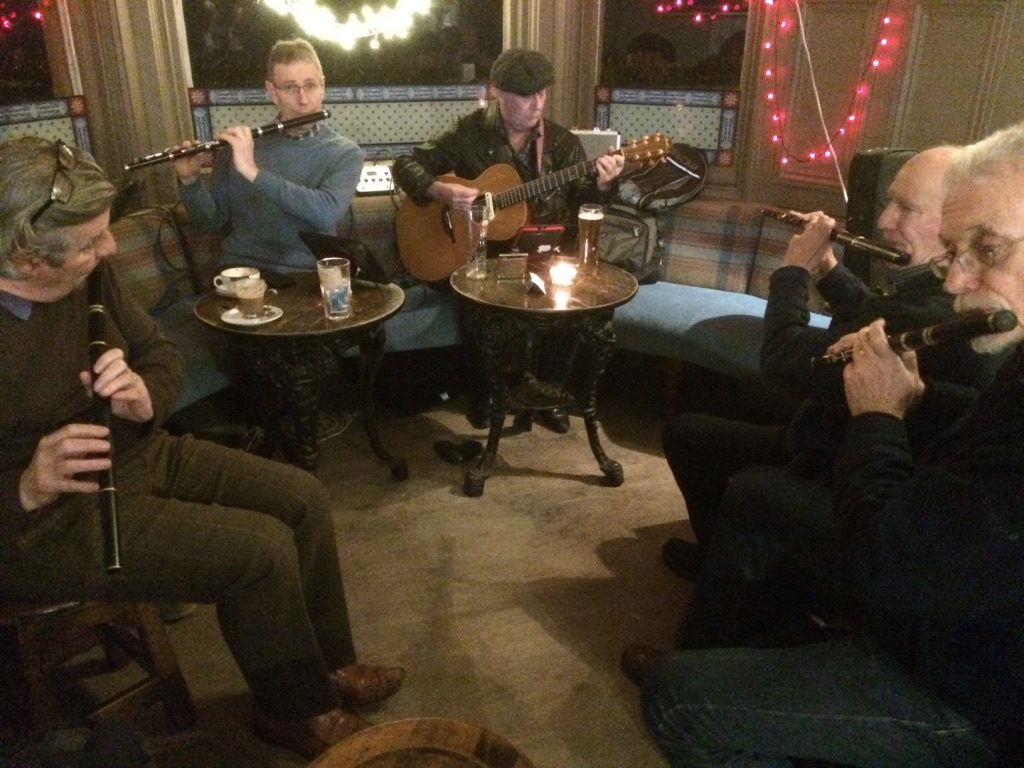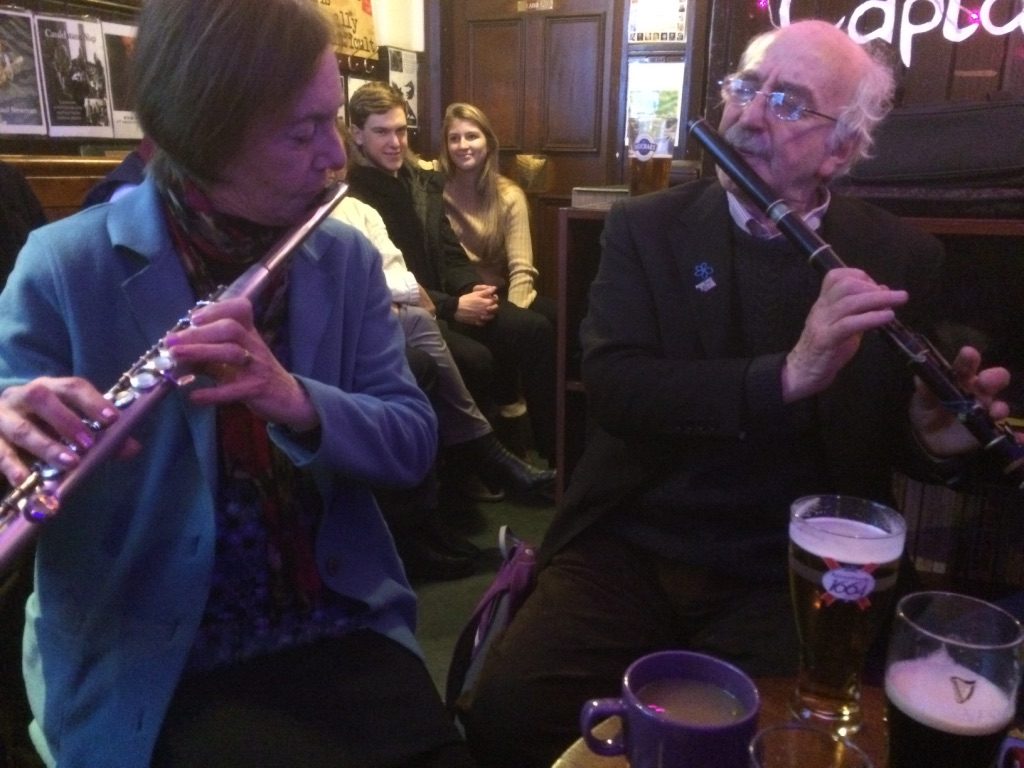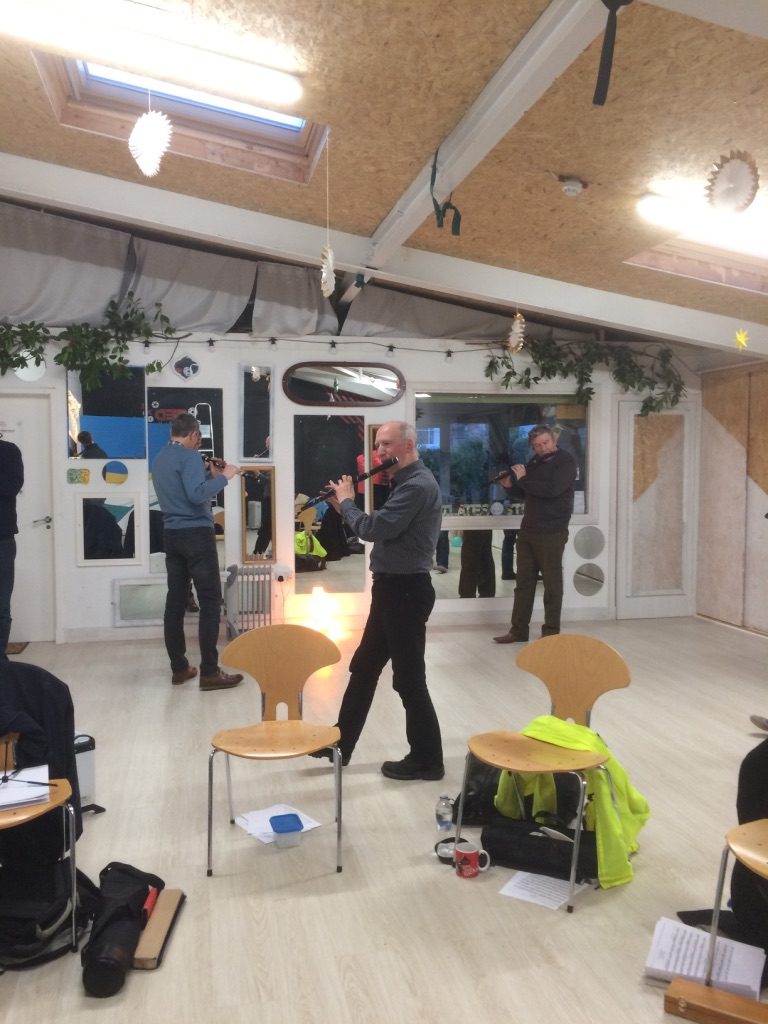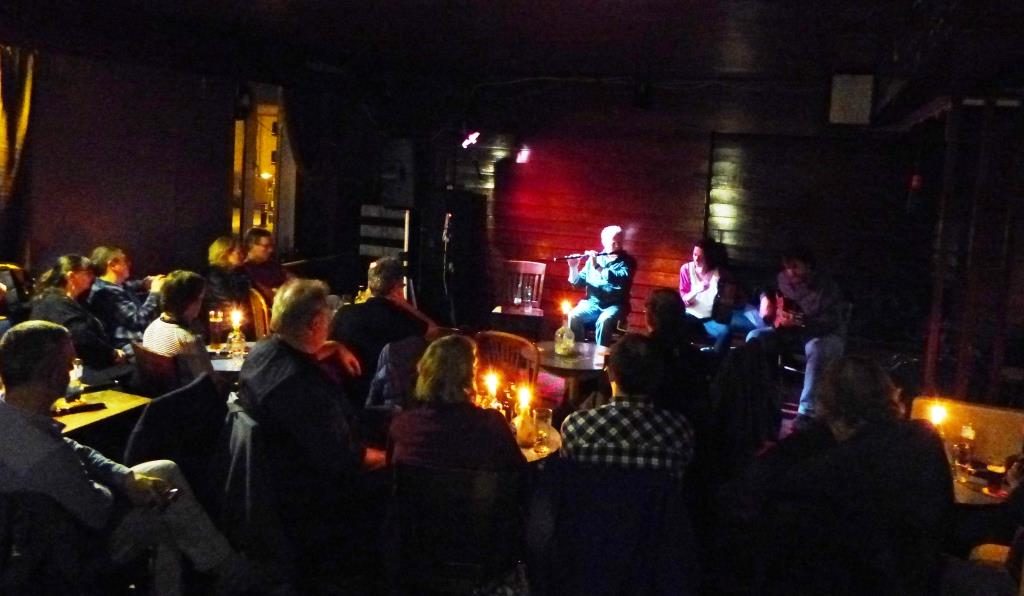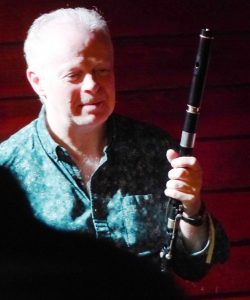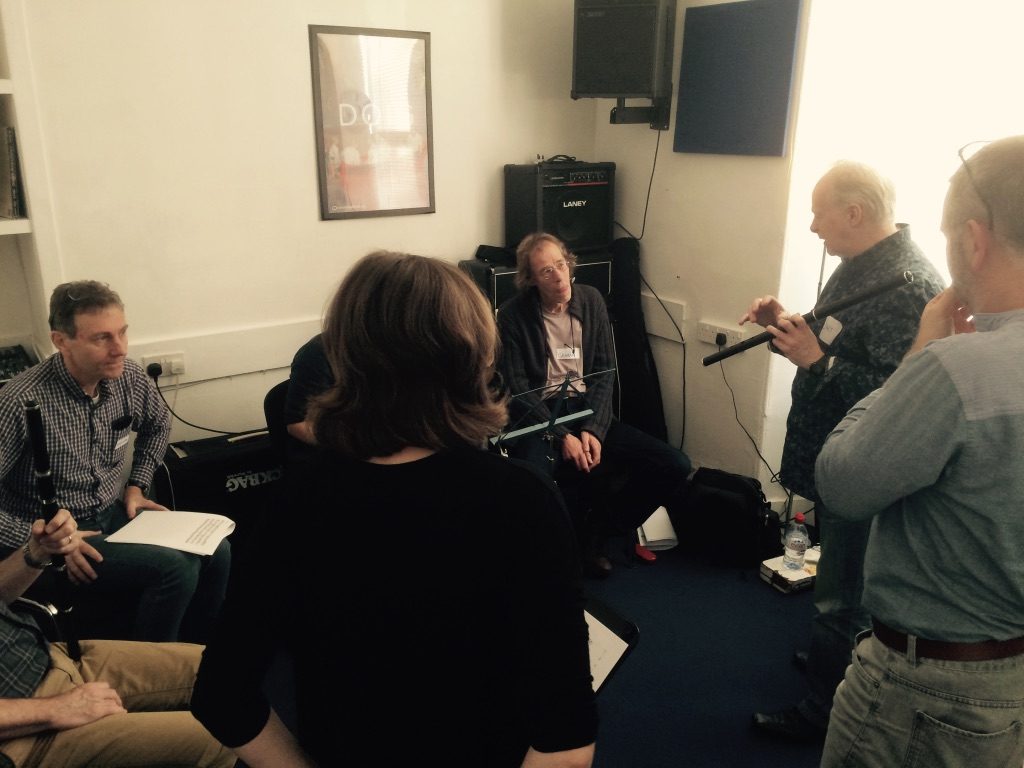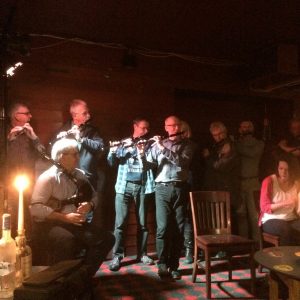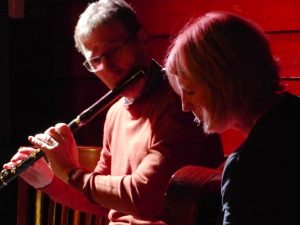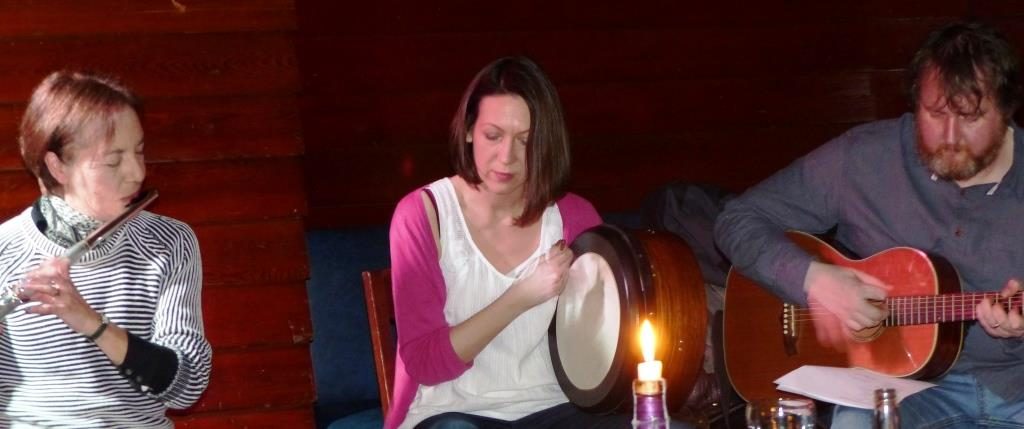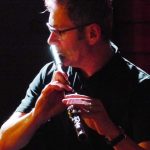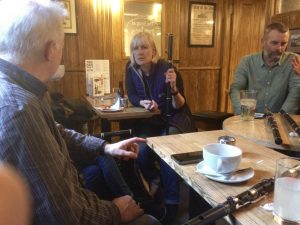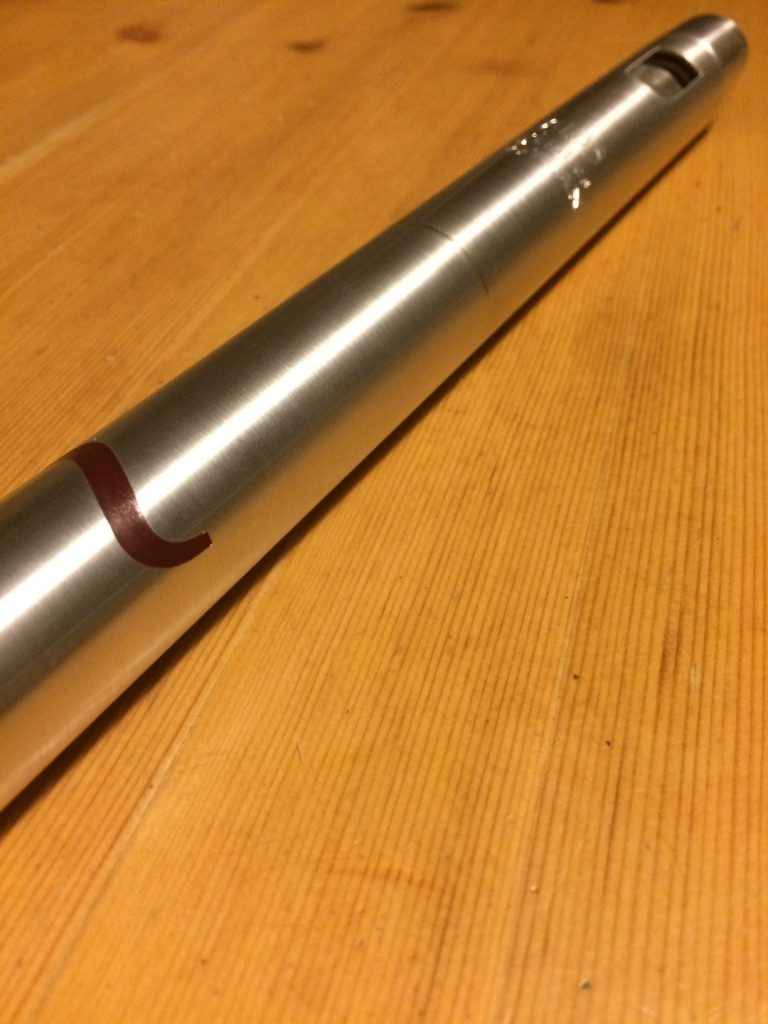A music project for the Winter
Everyone needs a project for the winter and an idea I had over lockdown has finally clicked for me. Inspired by elements of the Dig Where You Stand movement, I looked at an underused resource that already existed within the FluteFling archives.
John Crawford put together a couple of PDFs of session tunes ahead of the 2019 Aberdeen weekend with the idea that people would learn the tunes and have a few core common tunes for the music sessions. This made sense because people attending come from different areas and have different repertoires.
The result was a useful document containing 10 sets of session tunes that might be expected to be found in NE Scotland sessions. The resources were drawn freely from those already available online and might even be regarded as standards, from Shetland reels to pipe jigs, strathspeys and more. Despite it being a good idea, we failed to promote the idea enough and then the pandemic came along and swept things away.
During lockdown I looked at John’s PDF again and realised that it would be useful to learn those tunes that I didn’t play properly. Recently I also felt I needed a focus for my playing as I haven’t been in sessions for a long time and nor have I been teaching. So my FluteFling NE Session Tunebook Project was born.
Ten weeks of videos
Over the next 10 weeks or so, I will be recording and uploading to YouTube a set of tunes from the PDF roughly once a week. The aim is to introduce the tunes, point out some techniques along the way and then play them as a set as I might play them in a session.
As I go along, I’ll take in suggestions to improve the sound and presentation and get back into the way of teaching again. There is an in-built slow down function in YouTube and the PDF is available to everyone, so why not join me on the journey?
You can download the PDF here: FluteFling Aberdeen 2019 NE Scotland Tunes
FluteFling NE Tunebook Project: 01 Hurlock’s Reel / Da Rodd to Houl
Two Shetland reels by fiddler Tom Anderson, the first of these I associate with Cathal McConnell’s flute playing with The Boys of the Lough, with Shetlander Aly Bain on fiddle. Composed in 1938, Hurlock was apparently the drummer in the ceilidh band Tom Anderson played with. There is discussion and other settings on The Session website.
Hurlock’s Reel is in A and I use the G# key on my flute. See the video and video notes for some more discussion on the keys I use.
Da Rodd to Houl is in D (not G as suggested in the video). Houl (sometimes spelled Houll) is on the Isle of Whalsay in the Shetland Islands. Shetland has its own language (Norn) and dialect; “da rodd” means ” the road”. This comment on The Session website gives more information:
In “Haand Me Doon Da Fiddle” Tom Anderson says “Dis tun was written in 1936 whin I came up to Unst to visit a schoolmaister friend o’ mine. It happened it dat moarnin wis da prizegiving an I was axed to play at it. I guid fir a walk an da tun cam in me head. Da place I wis walkin ower wis caaed da Houll Road bit I tocht da Road ta Houll soonded better”

